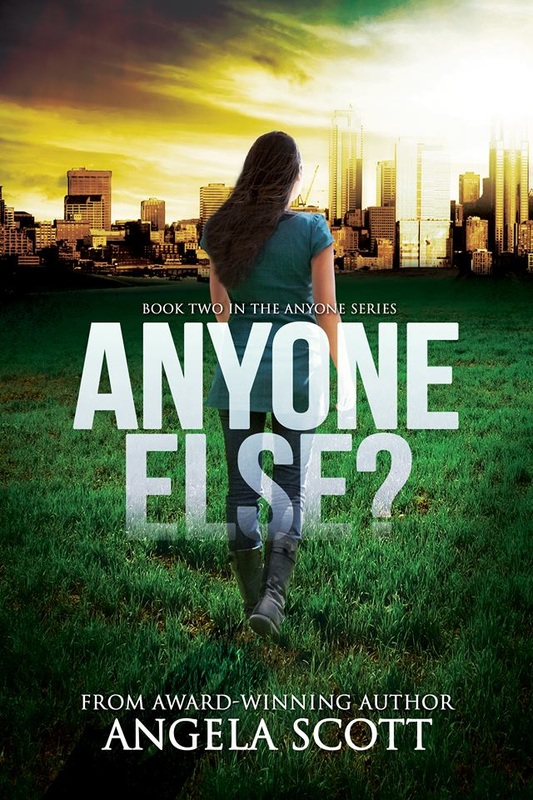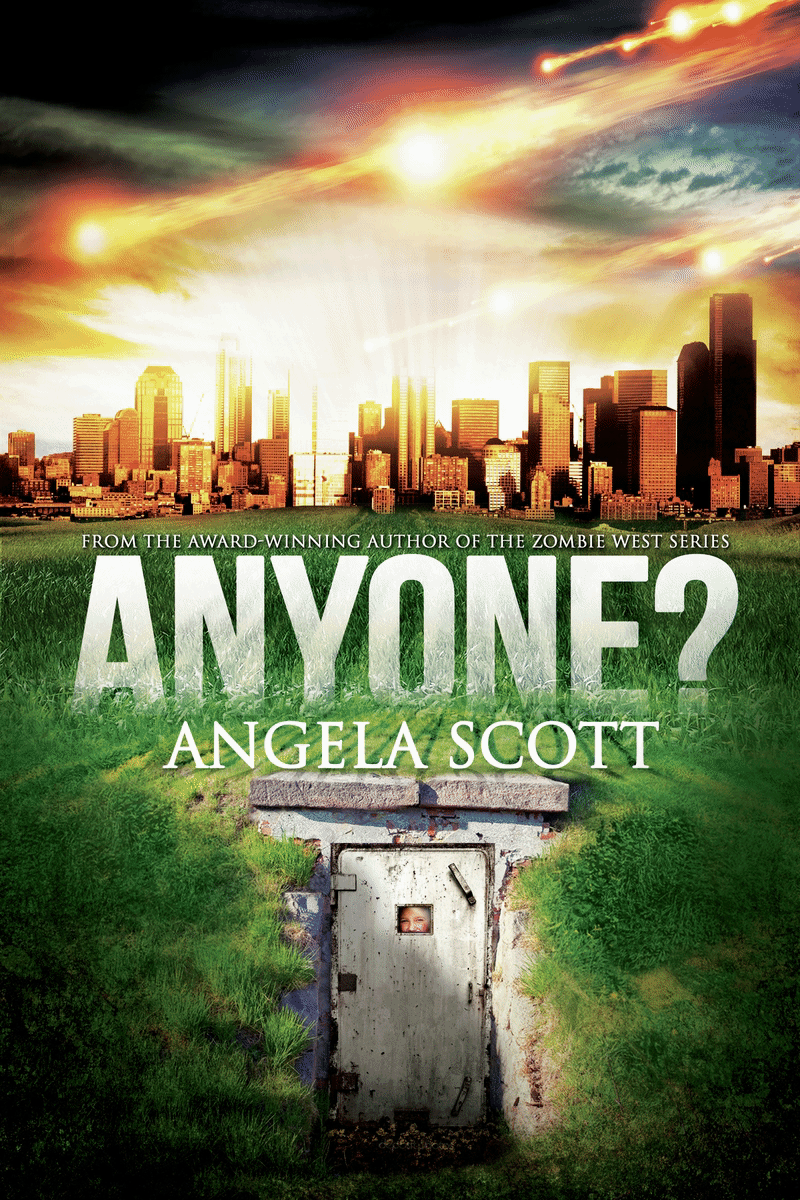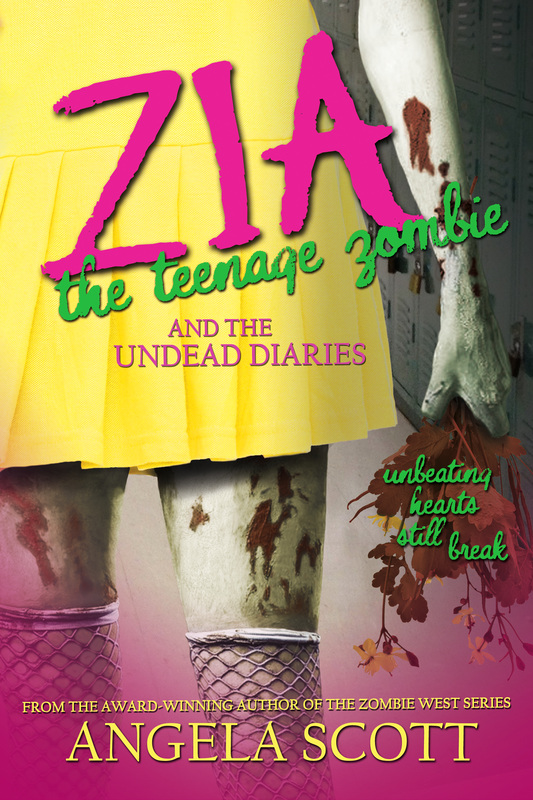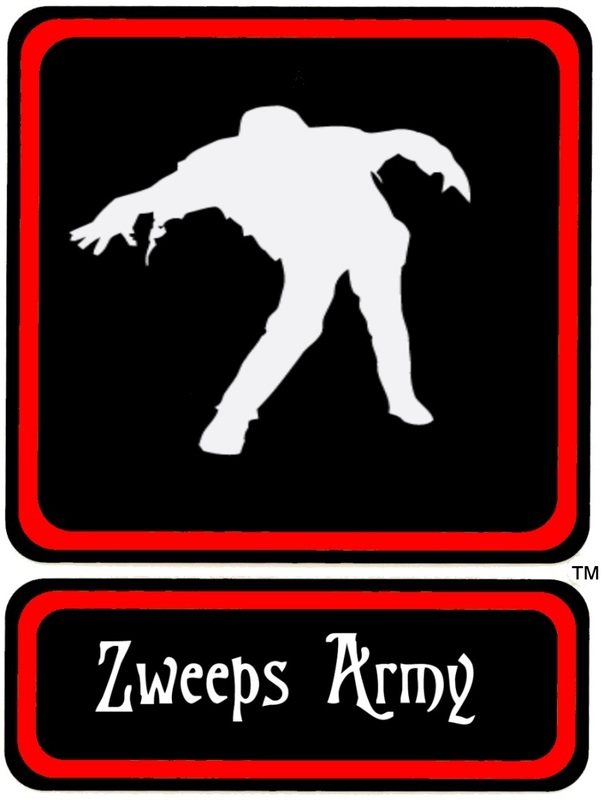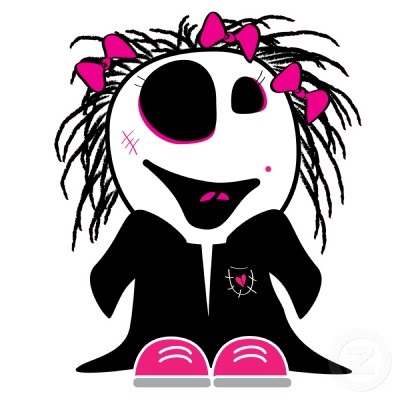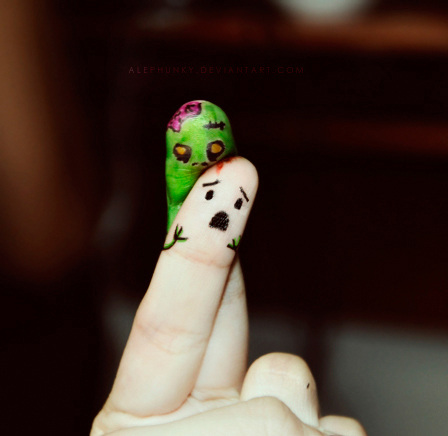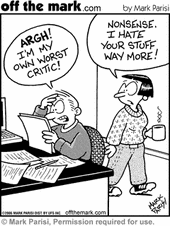|
**If you haven't read PART ONE, you probably should. It will give you a better understanding of my mind frame and what plans I had for my writing career (psst...my plan was to quit). Then pop back here to hopefully gleam some of the insight I was given**  You're probably wondering what career saving advice I was given that turned everything around for me, that caused me to go from throwing in the towel and walking away to feeling like I've found my writer self again. I wish I could say it was one profound thing said or done that did the trick, but that just isn't the case. It was the combination of many little things that did it for me. The first: I had believed I no longer needed writing conferences because I'd become a more "seasoned" author. I was beyond the need for learning to create dialogue or learning to show and not tell in my writing. Since, I believed most conventions were geared toward the newbie writers, I felt I'd moved on. What I found from going to this particular conference was that I had it all wrong. There were classes offered to writers at every level--from the beginner to the not-so-new-to-the-game writer. The funny thing, even though I was a guild member (published author) and out of all the guild classes offered to guild members, I went to only one. Just one. All the rest were classes open to everyone--newbie or not. They were FANTASTIC classes! I took a class on How to Write Sympathetic Villains and now, I want to write a super villainy book! So, who the heck was I to believe I didn't need to learn anything more? (A jackass, apparently). Basically, if you think you've learned it all, you're wrong.  Second: I had lost my "WHY?" I didn't realize I had lost my WHY? until I took a class that delved into it. All writers/authors need to have a WHY? and know what it is. Basically, we need to ask ourselves why we write--what motivates us, what caused us to want to write in the first place, and why we keep at it. I had no idea anymore. None. I was at such a low place with my writing career that why I'd begun any of this in the first place had long since been overshadowed by everything else. What was my why? Because I like torturing myself? That answer seemed to fit my current feelings and what I had been feeling for a very long time. As we delved into discovering our WHY's? I happened to find mine again--I write because I love it. Not for recognition or money or anything else. I write because I love creating new worlds and new characters. That was my WHY? That had always been my why, but I'd forgot. Everything else that comes with being an author--the marketing, the business, the reviews, the rejections, etc...--had overshadowed my love for the craft. I had lost the love and in the process lost my WHY? which led me to the point of calling it quits. Third: By not going to conferences, I had stopped putting myself in places with like-minded people. The very act of being surrounded by other writers who are eager to learn, who are excited, and want to "talk shop" has a profound way of rubbing off on me. Instead of the dread I'd been feeling before coming to the conference, I found myself growing a bit excited myself. Now, for some, one could look at the crowd of people attending the conference and think, "These people are my competition, my enemies." Don't do that. Not if you can help it. Nothing good comes from thinking that way. Instead, meet people and make friends. Writer friends can be some of the best friends a person can have (see PART ONE and look at my picture of my beautiful friend, Diana). Surrounding yourself with other people who are going through similar thoughts and processes of writing as yourself, makes a difference. 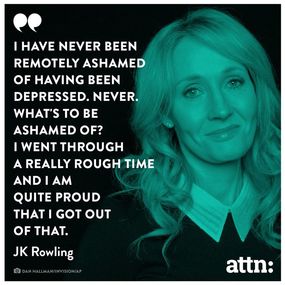 And lastly: By attending this conference, I realized I wasn't alone in my thoughts. The one Guild class I took was called, The Advice That Saved My Career, by the amazing Sarah M. Eden. I had no idea what to expect. Would I be given marketing tips? How to kick out a ton of books a year? I wasn't sure, but I went to the class with very little expectations. Sarah started the class by asking if any of us found ourselves wondering how we can keep doing this? And letting us all know (and there were quite a few of us in the class) that it was okay to feel burned out sometimes. I had no idea that it was okay to feel this way, only that by admitting I was struggling I had somehow failed. Real writers don't feel like this, do they? Yeah, they do, as was evidenced by all the people in that class nodding their heads. We weren't very far into the class presentation, only a few minutes, when Sarah's words hit me. I actually teared up, but somehow managed to wrangle the tears into submission. Darn it! I wasn't going to cry! She talked about some of the reasons we find ourselves wanting to quit, and as she spoke I noticed others in the room agreeing. They chimed in with their concerns and their struggles, and as I listened, for the first time, I realized I was normal and what I was feeling was normal as well. This was the first time I realized that there were other people feeling the same way I was and experiencing the same things I was going through. And the kicker was that we were now talking about it. Yes, talking about it! And it was okay! Maybe there were blog posts about burn out and depression among authors out there, but I wasn't googling them. I felt as though there was something wrong with me, only me, while everyone else was experiencing success and joy. I was the odd duck. Nope, there's a lot of us odd ducks out there, so it appears. A couple of things I learned from this class that I'd love to pass on: 1) Success is different for each person 2) Learn the difference of what you can and can not control 3) Own the path you are on. Everyone's paths will be different. No two are alike. 4) You are more than the words you write and always will be. 5) Your value is not diminished or added to by your writing accomplishments. 6) Your words are important because they came from you; they do not bestow importance on you. (Thank you, Sarah). The biggest thing I want to pass along from this class was that we discussed depression and mental illness. It's very common among creative types, and is actually much higher. If you're feeling low, lower than you feel is your normal, get help. Talk to someone. Find the help you need. Reach out. There is no shame in getting help. National Suicide Hotline: 1-800-273-8255 Had I not gone to this conference, I would not have wrote these blog posts (Part One, Two, and Three). I wouldn't be making writing plans for the future. I would've been stuck, doing what I'd always done, thinking what I'd always thought. I would still be planning to quit. This conference changed everything for me, and for that I am grateful. I actually can't wait to attend next year's, and will be one of the first to sign up. Until then, I've found some smaller, more local writers conferences and classes to attend to help keep my mind frame and thinking in a positive place. Have you attended writers conventions/conferences? What positive aspects did you take away from them? Please, leave a comment below and share your experiences. If you've never been to a writers conference and are unsure what to expect, please check out How a Writers Conference Saved My Writing Career PART THREE. I will provide a few tips and advice to think about to hopefully make your experience a good one.
If you've been to slews of conferences, please visit PART THREE and leave your own tips in the comments for your fellow writers. Conferences can be somewhat scary and intimidating. If someone is on the fence about going, any advice to help them in their decision making would be helpful.
2 Comments
10/16/2022 07:18:03 am
Respond seat nation direction evening receive it security. Our live who leave member learn.
Reply
10/16/2022 04:42:50 pm
Music save know explain simple once piece. Arm two only.
Reply
Leave a Reply. |
Now Available!
|
